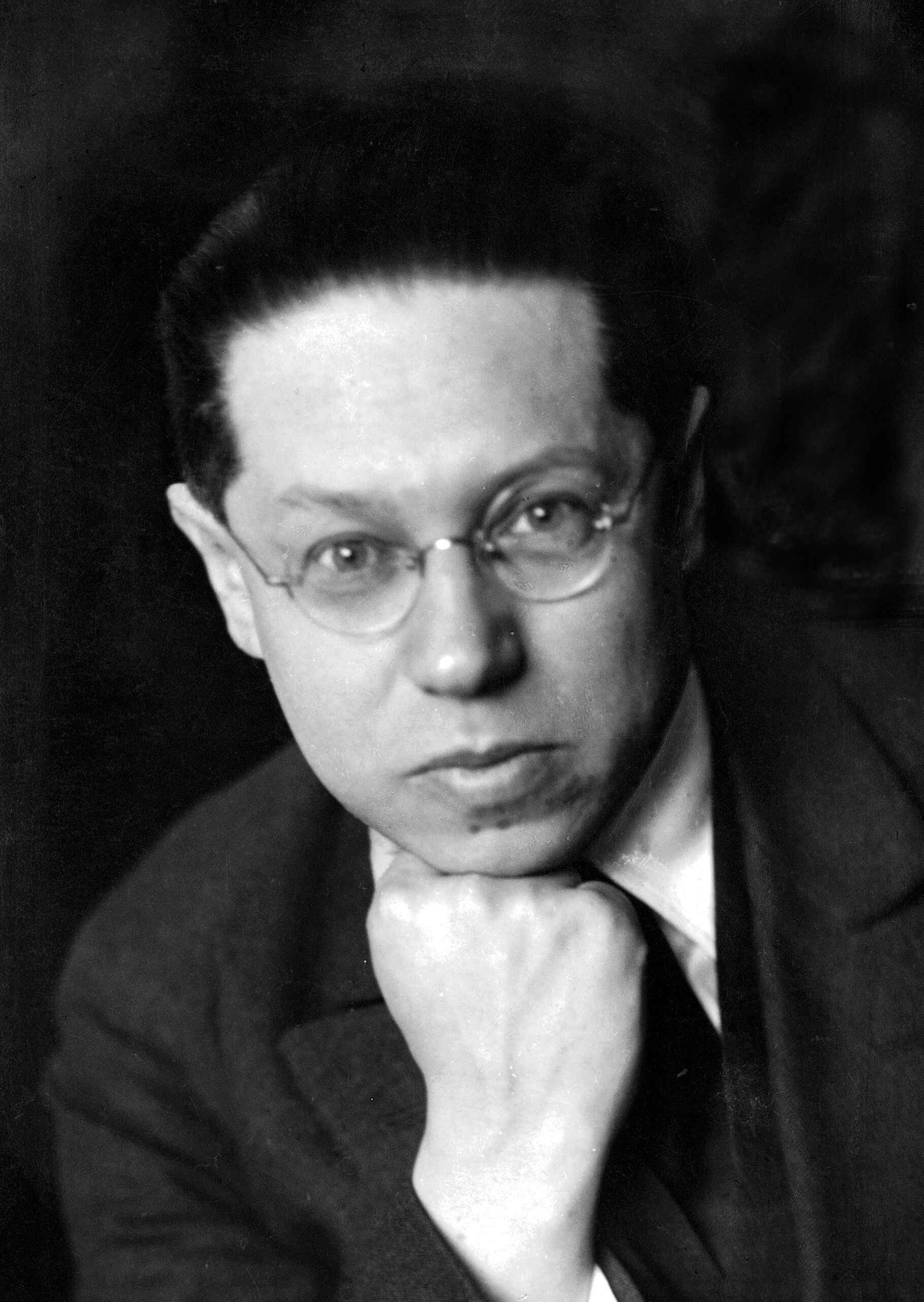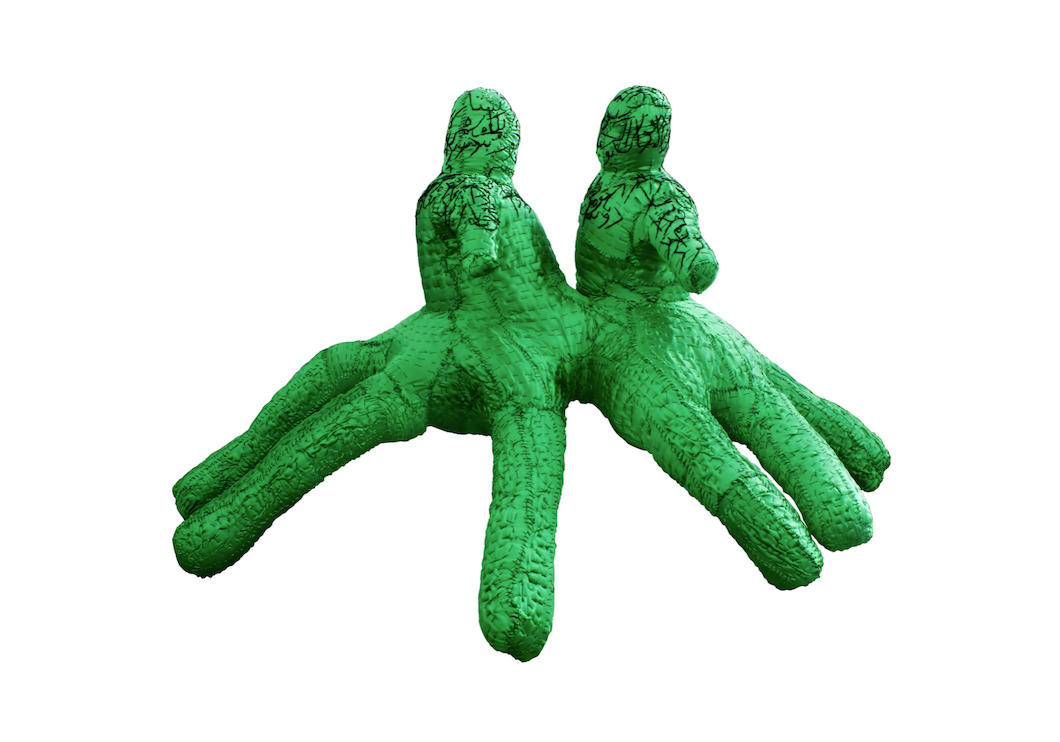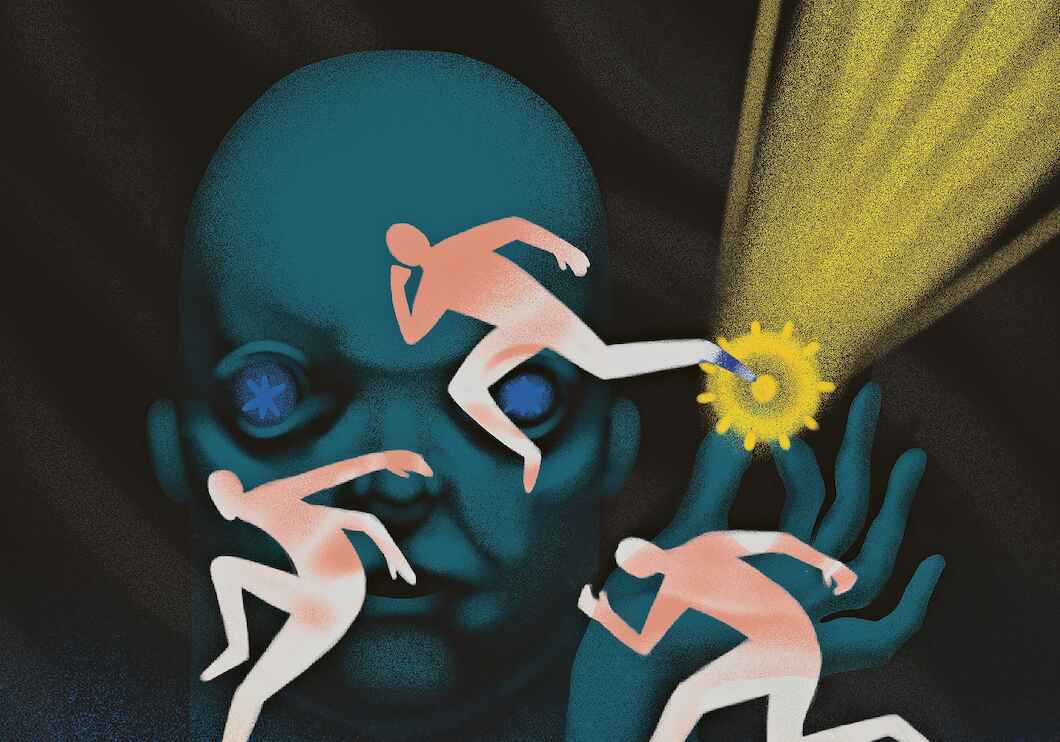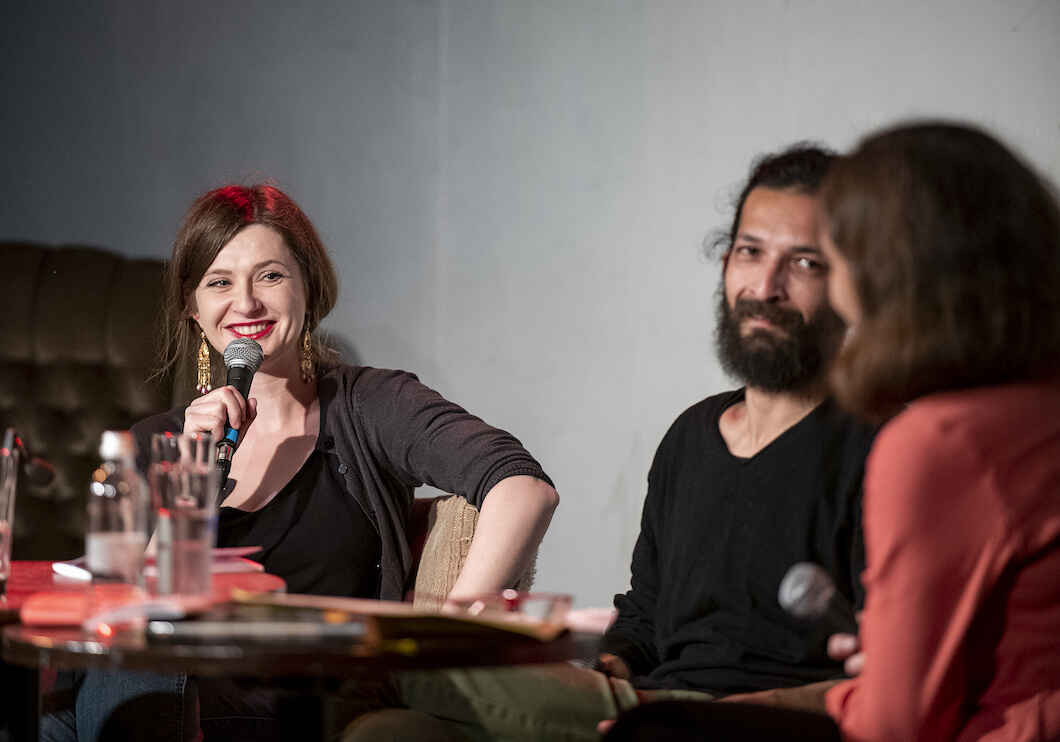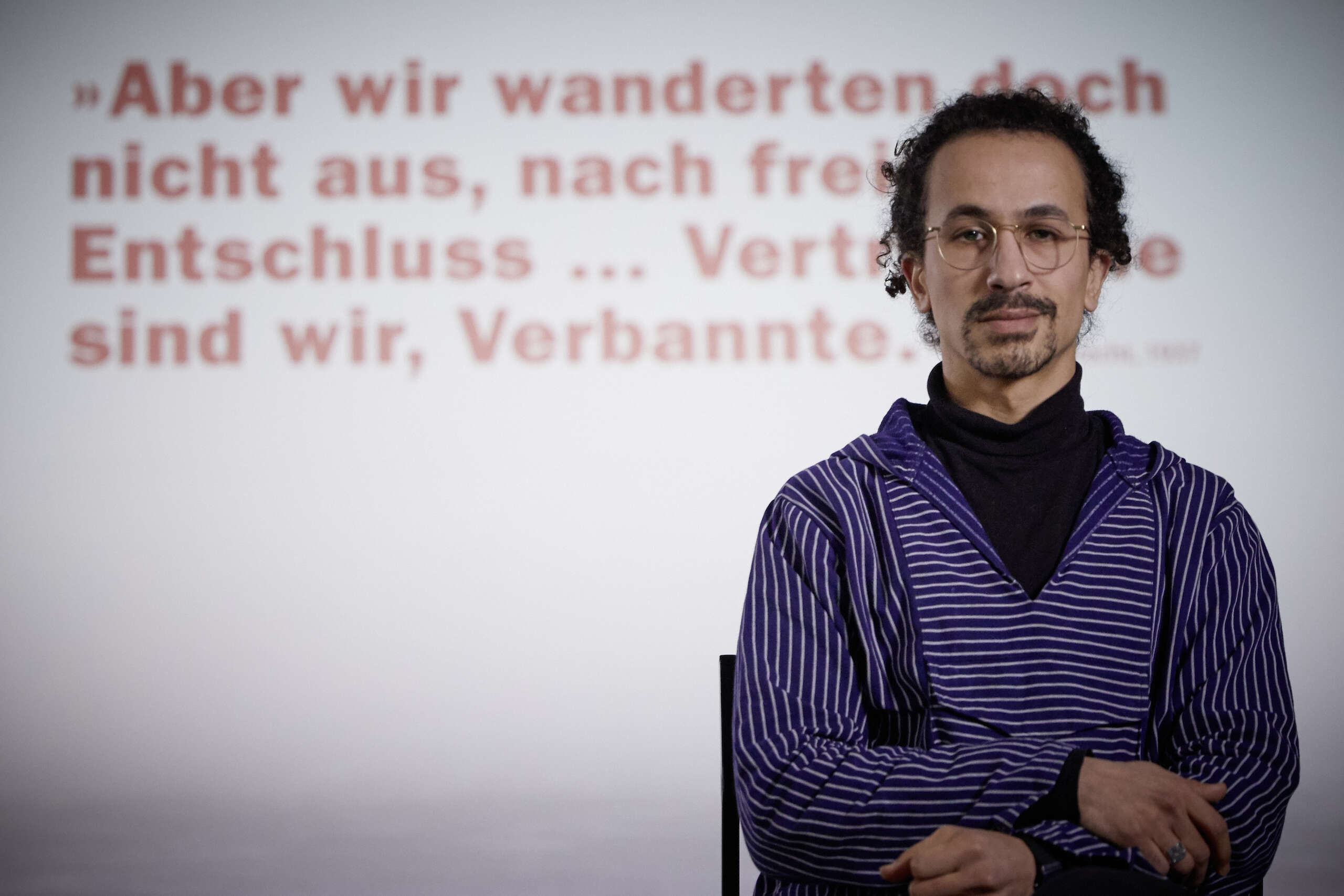
Foto: Körber-Stiftung
Insight into life in exile
Living in exile – what does that actually mean for the individual? People living in exile in Germany today give us their very personal answers to this question. They have selected quotes from historical exiles in which they recognise themselves particularly well. The shared experiences of exile transcend the boundaries of time, culture, origin and situation.
Quotes from Adorno, Arendt and Brecht
The Turkish journalist Can Dündar, the Maldivian human rights activist Shahindha Ismail and the Syrian theatre maker Mohammed Ghunaim show what life in exile means to them with quotes from the philosopher Theodor W. Adorno, the publicist Hannah Arendt and the playwright Bertolt Brecht.
- Quotes from exile: What Can Dündar has in common with Theodor W. Adorno
- Quotes from exile: Why Shahindha Ismail recognises herself in Hannah Arendt
- Quotes from exile: what experience Mohammed Ghunaim shares with Bertolt Brecht
- Quotes from exile: How Antonio Ablon draws hope from Otto Wels' words
- Quotes from exile: Why Zohre Esmaeli recognises herself in Mascha Kaléko
- Quotes from exile: What Omid Rezaee has in common with Lion Feuchtwanger
- Quotes from exile: What Can Dündar has in common with Theodor W. Adorno
- Quotes from exile: Why Shahindha Ismail recognises herself in Hannah Arendt
- Quotes from exile: what experience Mohammed Ghunaim shares with Bertolt Brecht
- Quotes from exile: How Antonio Ablon draws hope from Otto Wels' words
- Quotes from exile: Why Zohre Esmaeli recognises herself in Mascha Kaléko
- Quotes from exile: What Omid Rezaee has in common with Lion Feuchtwanger
Quotes from exile: What Can Dündar has in common with Theodor W. Adorno
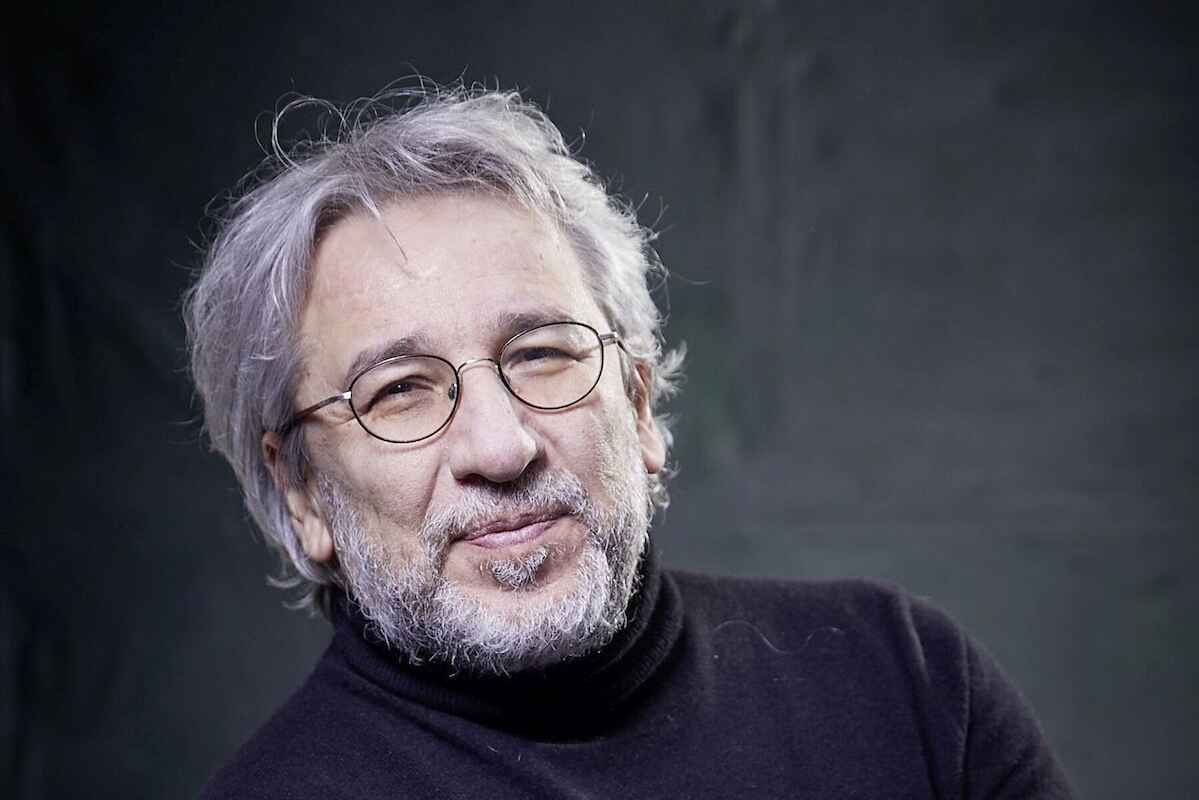
Can Dündar has been living in exile in Germany since 2016. Fotos: Körber-Stiftung 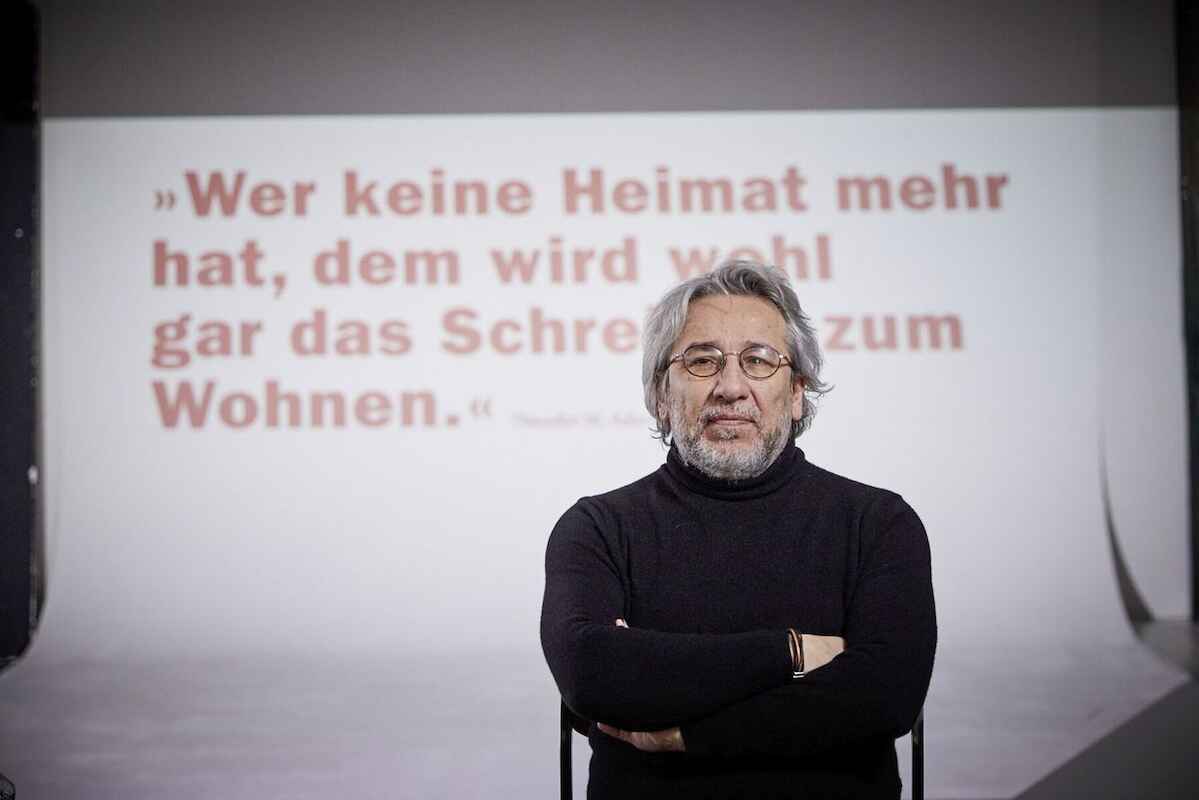
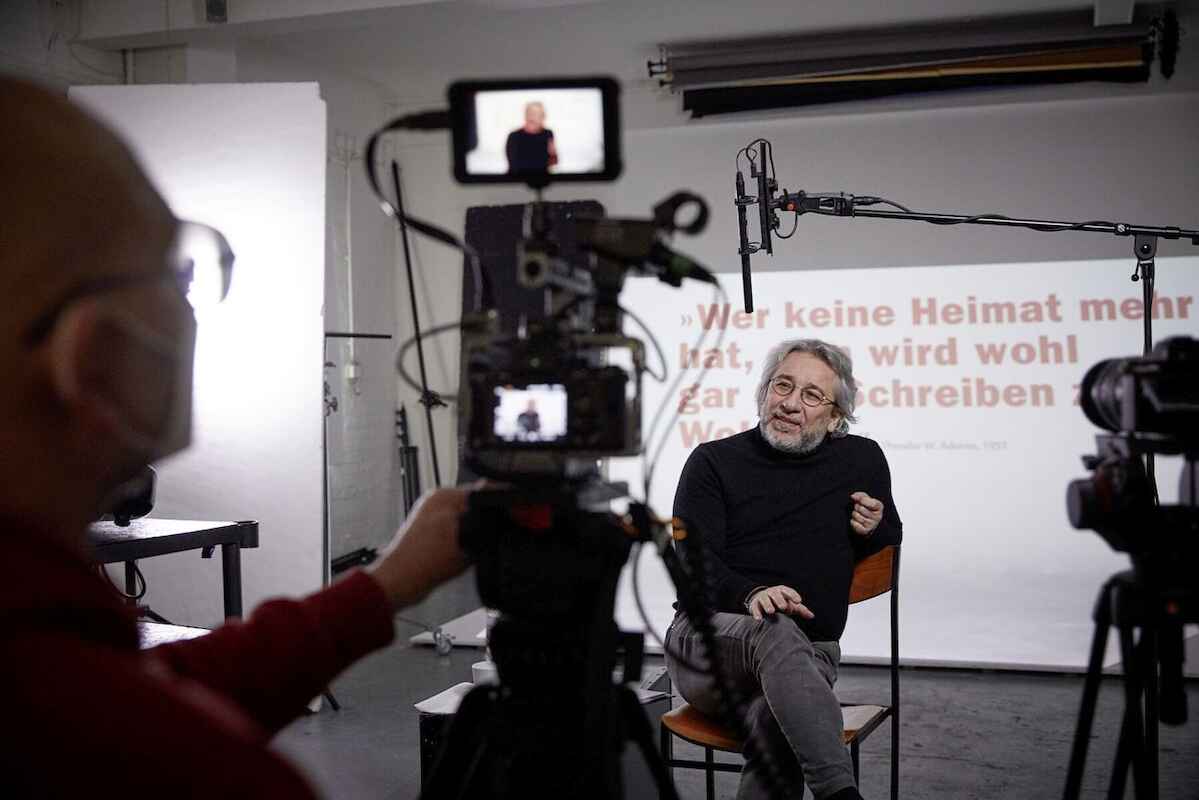
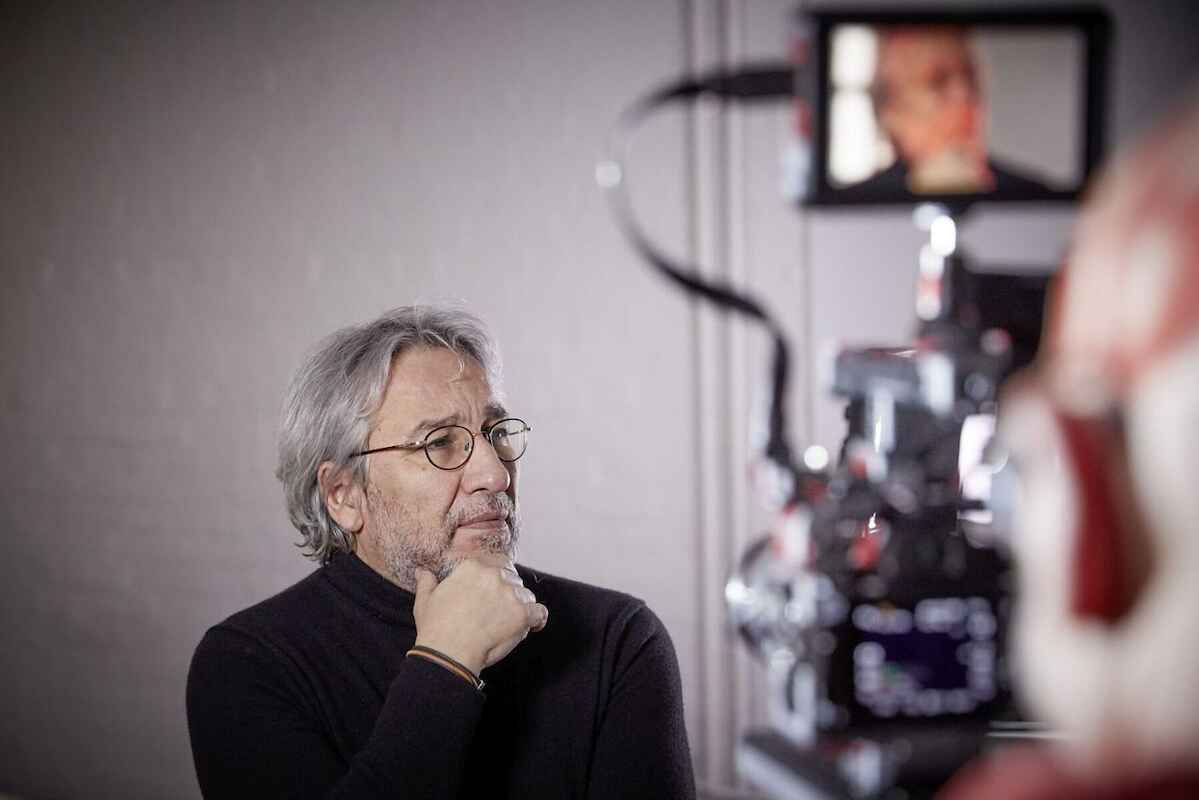

Can Dündar: imprisoned for journalistic research
The arrest of the well-known Turkish investigative journalist Can Dündar in 2015 led to an international outcry and numerous protests. The background to the arrest was a report by the daily newspaper Cumhuriyet about a secret transport of ammunition from Turkey to Syria – presumably to the ‘Islamic State’. Cumhuriyet editor-in-chief Dündar and a colleague were sentenced to five years and ten months in prison for betraying state secrets in a show trial in which the president and the Turkish intelligence service, among others, appeared as joint plaintiffs. A temporary release from prison following a ruling by the Constitutional Court allowed Dündar to leave the country at the beginning of 2016. His property and assets in Turkey were confiscated. At the end of 2020, a court in Turkey sentenced Dündar in absentia to more than 27 years in prison. Dündar has been living in exile in Germany since 2016. Here he runs the web radio ÖZGÜRÜZ, a project of the Correctiv research network. He also works as a documentary filmmaker, writer and columnist, including regularly for Die Zeit.
Memories of wedding day and prison
Can Dündar was wearing the velvet jacket when he was arrested – he was on his way to a restaurant with his wife to celebrate their wedding anniversary. Instead, he found himself in a prison cell, dressed inappropriately elegantly. The jacket therefore reminds him both of happy occasions such as his wedding day and of his time in prison, says Dündar.
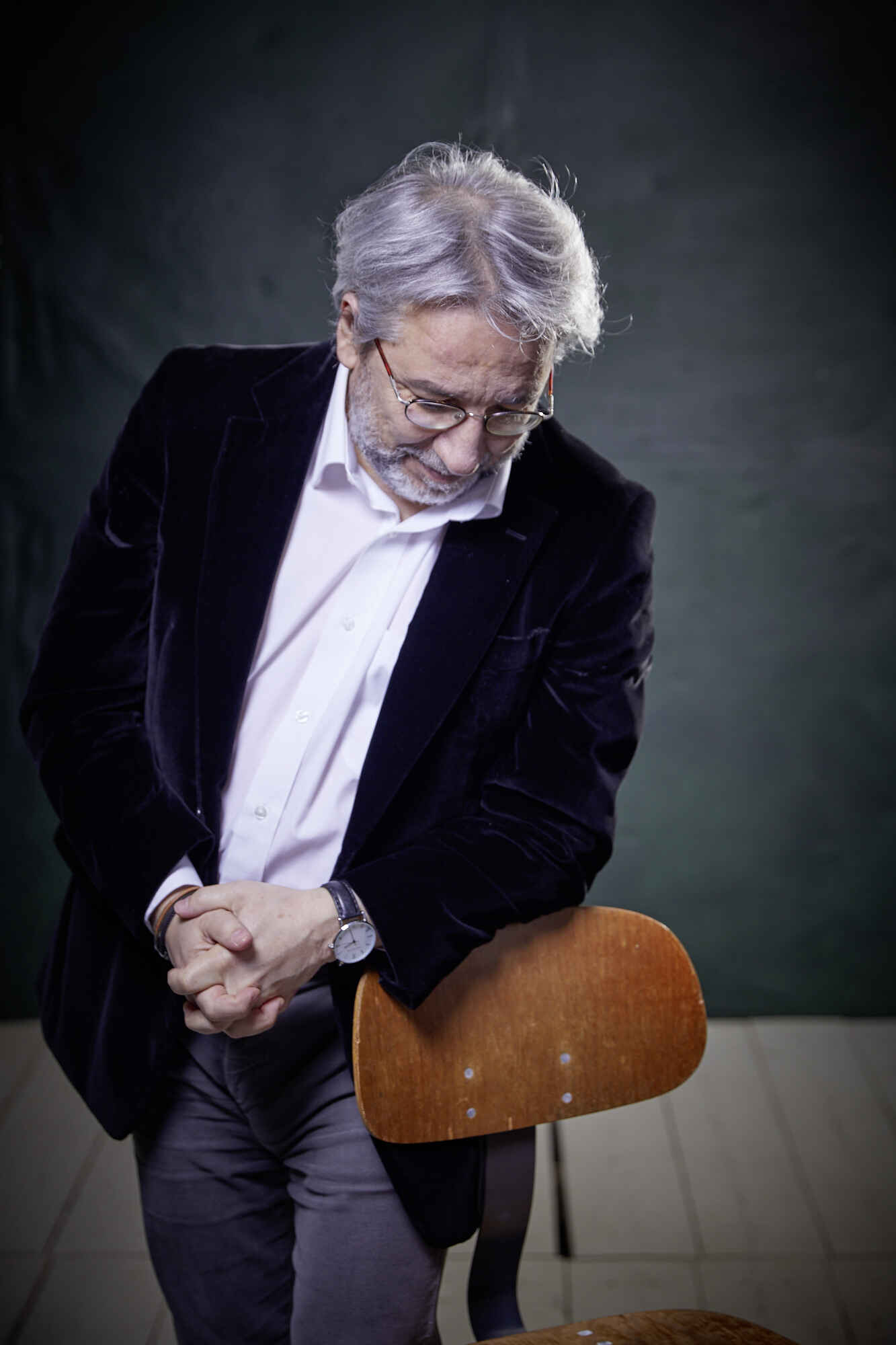
Can Dündar explains what connects him to Theodor W. Adorno
Theodor W. Adorno: Frankfurt School
Alongside Max Horkheimer, the philosopher Theodor W. Adorno is one of the most important founders of critical theory. When the National Socialists seized power in 1933, Adorno had only completed his habilitation in philosophy two years earlier. Nevertheless, he was already in contact with the Institute for Social Research, the birthplace of the Frankfurt School, and had published in its journal. As the son of a Jewish father, Adorno’s teaching licence was revoked in 1933 and from the following year he lived in Oxford. From there, he travelled to Germany several times and was unable to bring himself to go into exile for a long time. It was not until 1938 that he accepted an invitation from Horkheimer and emigrated to the USA. He was able to continue his philosophical work there, but returned to Germany temporarily from 1949 and finally in 1953 – partly because the German language was of great importance to his thinking. He shares the great importance of language with Can Dündar. The Turkish journalist says that he can cope with any situation with pen and paper – which is how he survived solitary confinement in Turkey, for example. Adorno’s quote ‘For those who no longer have a home, writing becomes their home’ reflects his own situation in exile.
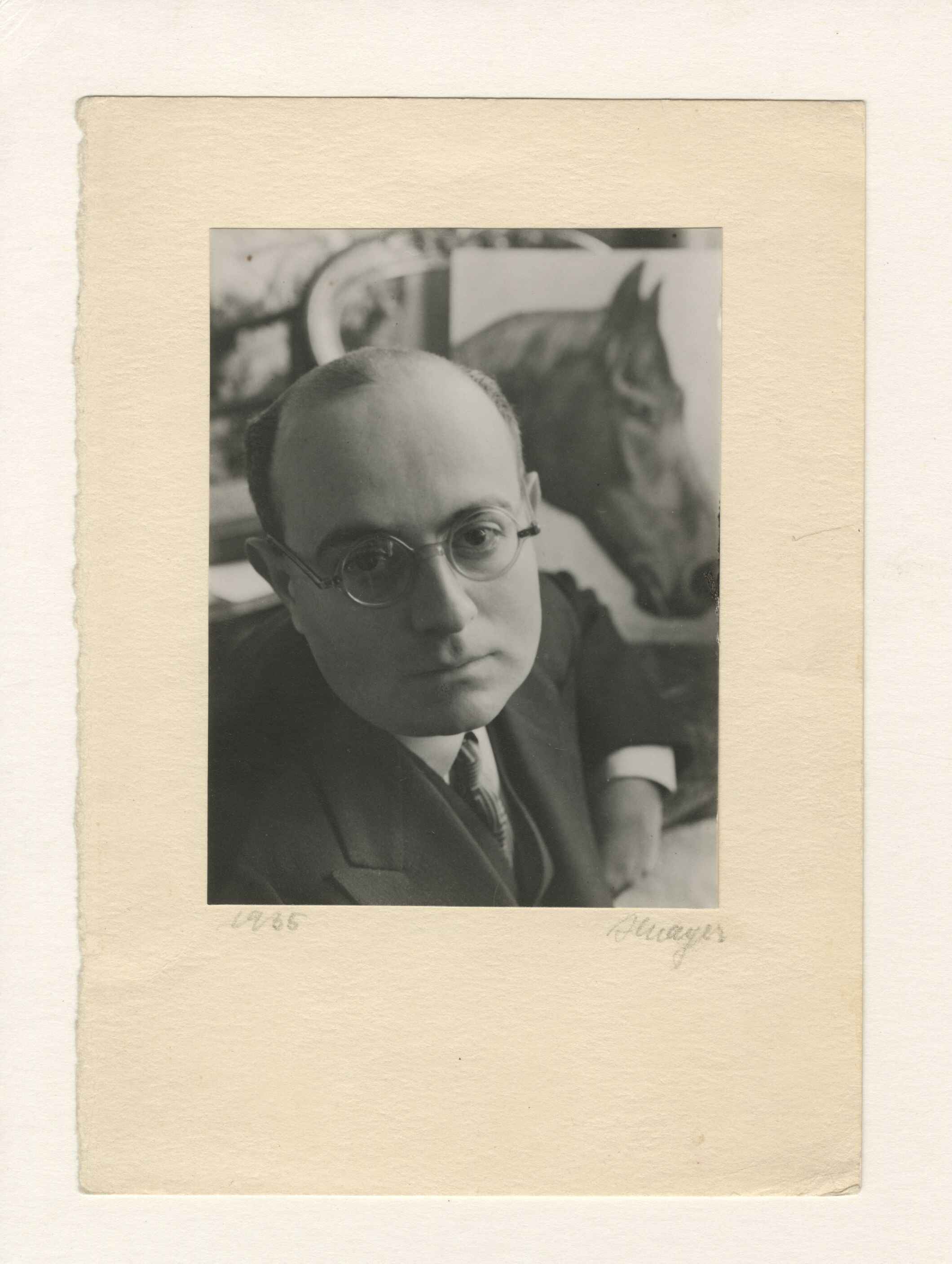
Quotes from exile: Why Shahindha Ismail recognises herself in Hannah Arendt

Shahindha Ismail has been living in exile in Germany since 2019. Fotos: Körber-Stiftung 



Death threats forced Shahindha Ismail into exile
Shahindha Ismail is the founder and director of the Maldivian Democracy Network (MDN) – one of the oldest human rights organisations in the Maldives. A report she published with three colleagues in 2016 was branded anti-Islamic by the authorities. Protesters and religious extremists subsequently publicly called for Shahindha Ismail’s murder. She received massive threats on social media. In 2017, she attracted particular attention for a tweet in which she spoke out in favour of the peaceful coexistence of different religions – the death threats increased and the police investigated her. ‘If I had stayed, I would have been killed,’ says Ismail. She has been living in exile in Germany since 2019, as a scholarship holder of the Foundation for Politically Persecuted People.
The most important object in exile: a photo
A photo of her daughter is one of Shahindha Ismail’s most important objects in exile: looking at it gives her a sense of familiarity and home that she still misses in Germany today.
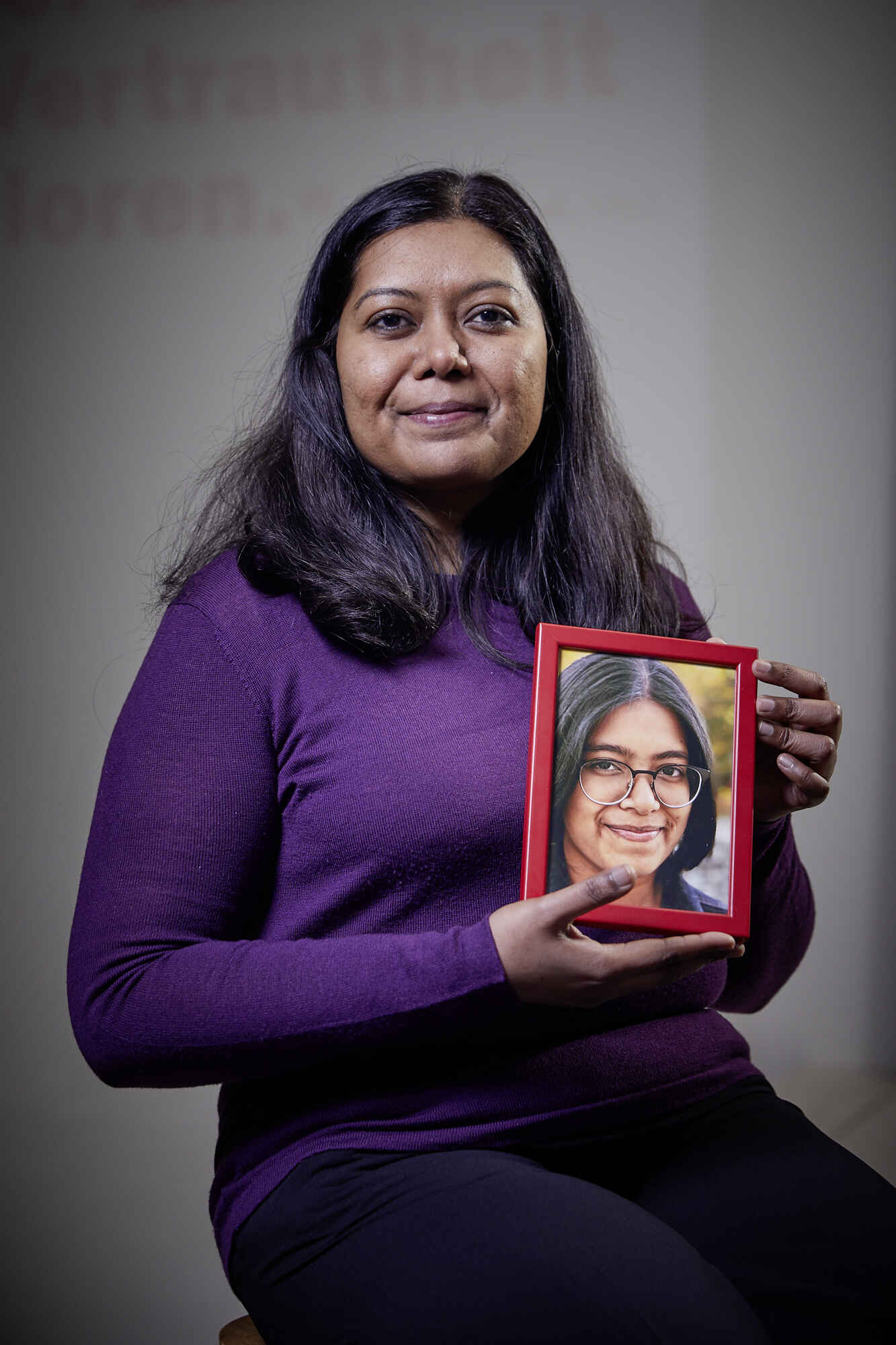
Shahindha Ismail explains what connects her to Hannah Arendt
Hannah Arendt: fled Germany in 1933
‘Hannah Arendt described 80 years ago what I feel today,’ says Shahindha Ismail. “Many things that were commonplace and familiar to me at home are strange in Germany. I feel like I’m learning everything all over again like a child and constantly having to explain myself.” Ismail recognises her situation in Arendt’s quote, for example: ‘We have lost our home and with it the familiarity of everyday life.’ The theorist and journalist Hannah Arendt was a thorn in the side of the Nazi regime in two respects: as a well-known political thinker and as a Jew. After being imprisoned by the Gestapo for eight days in July 1933, she fled Germany via the Czech Republic and Switzerland, initially to France. After being imprisoned by the French authorities in 1940, she was able to escape from an internment camp in the south of France and finally emigrated to the USA via Lisbon in 1941. Arendt was politically, journalistically and academically active there until her death in 1975. Her essay We Refugees from 1943 is still relevant today.
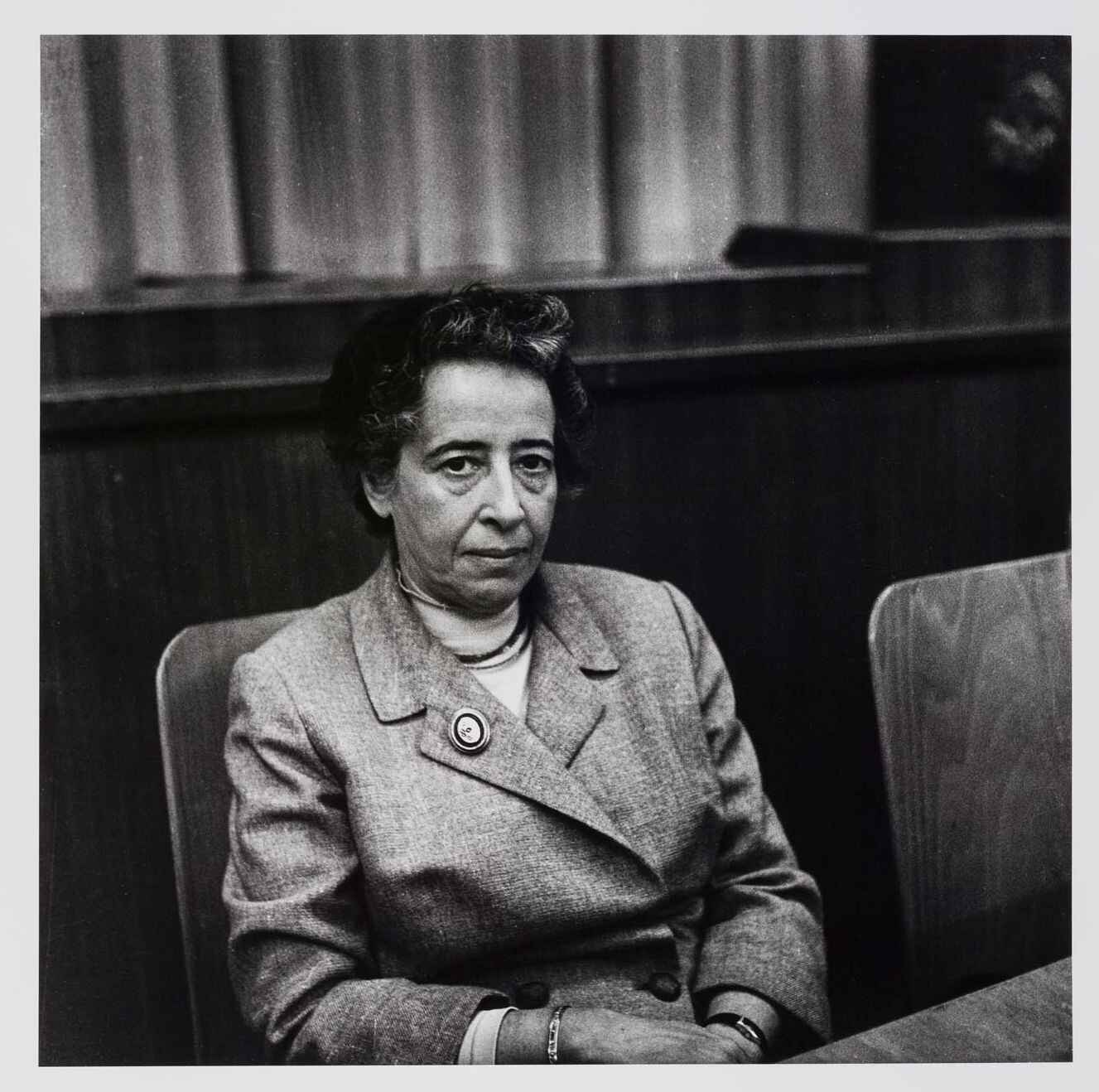
Quotes from exile: what experience Mohammed Ghunaim shares with Bertolt Brecht

From the Red Crescent to the Thalia Theatre: Mohammed Ghnuaim Fotos: Körber-Stiftung 



Targeted by the Syrian secret service: Mohammed Ghunaim
Mohammed Ghunaim, known as Ziko, has been living in exile in Germany since 2015. He studied journalism and literature in Damascus, but never worked as a journalist in Syria because working without freedom of the press seemed too dangerous. Instead, he joined the Red Crescent aid organisation – and was targeted by the secret service in 2015. The accusation: as head of a ‘Disaster Emergency Unit’, he was receiving information that jeopardised the state. Massive intimidation, a first imprisonment and the clear message that he would not survive another arrest prompted him to make a hasty escape. He finally reached Germany via Beirut, Istanbul, the Greek refugee camp Moria and Vienna. His nickname Ziko comes from his time at the Red Crescent, when employees had to communicate via social networks using fantasy names for security reasons. Ziko now feels at home in Hamburg and is developing various film and theatre projects, including the documentary #myescape. He has worked at the Thalia Theatre as a dramaturge and coordinator of the Embassy of Hope. He has been employed there as a diversity officer since 2021.
Memories of his home
A silk scarf from his mother is the only thing Ziko has left from his life in Syria. The scarf has accompanied him on his long journey into exile – and with it the scent of his mother and the memory of his old home.
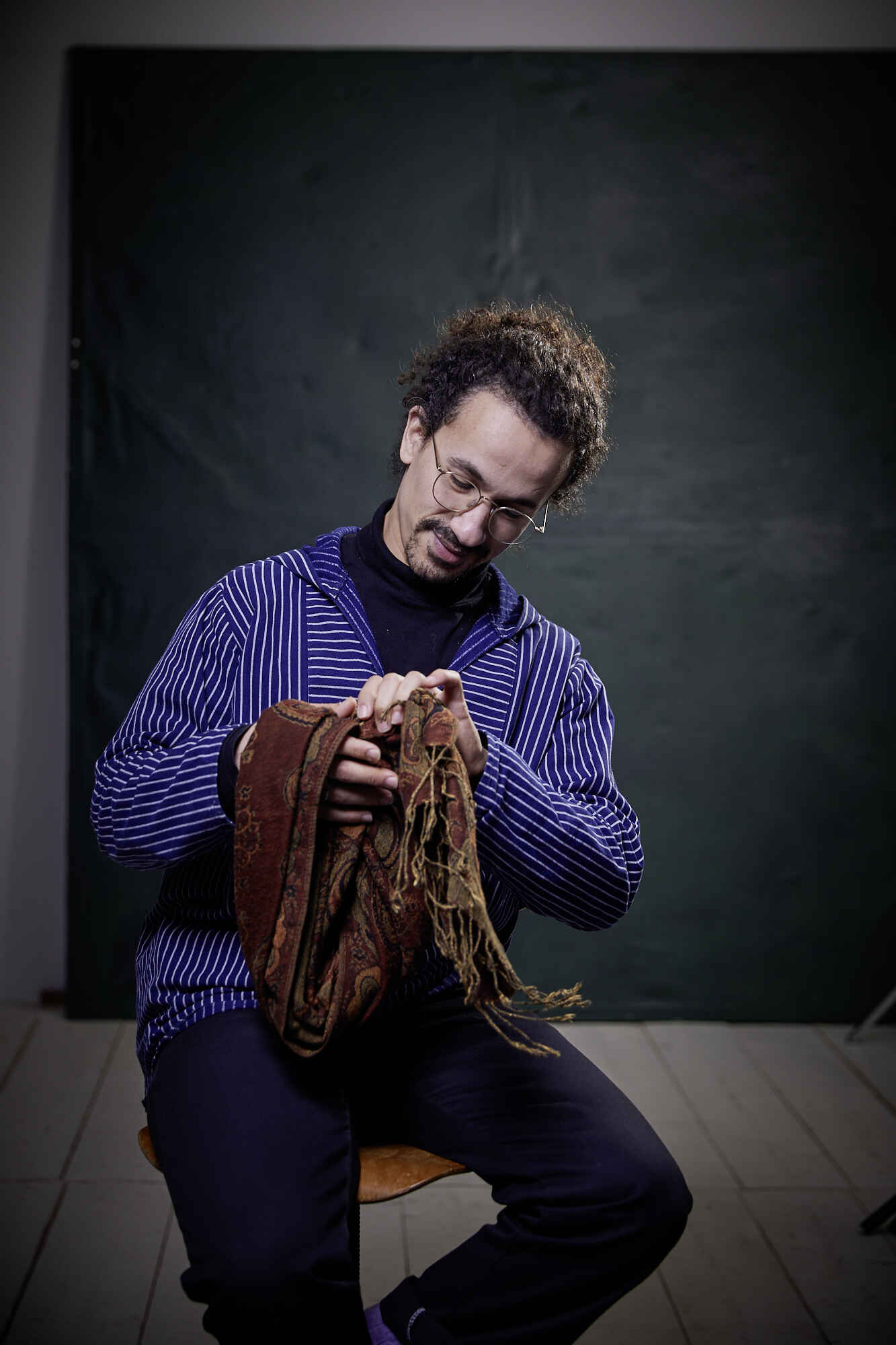
Mohammed Ghunaim erklärt, was ihn mit Bertolt Brecht verbindet
Bertolt Brecht: driven into exile by the NazisMohammed Ghunaim
Mohammed Ghunaim presents a quote from the poet and playwright Bertolt Brecht (1898-1956) from 1937: ‘We did not emigrate of our own free will … We are exiles, exiles.’ Brecht fled abroad in 1933 directly on the day after the momentous Reichstag fire. The Nazis had been exerting increasing pressure on the critical playwright since 1930. While the National Socialists burned Brecht’s books in Germany and revoked his citizenship, he sought refuge in Prague, Vienna, Zurich, Paris, Denmark and the USA, writing many well-known works in exile. Brecht returned to Berlin in 1948. Mohammed Ghunaim recognises parallels between his story and Brecht’s: the love of theatre, the quick decision to flee and the clear awareness that he never intended to leave his homeland – not even when life became increasingly difficult in the civil war that broke out in 2011.
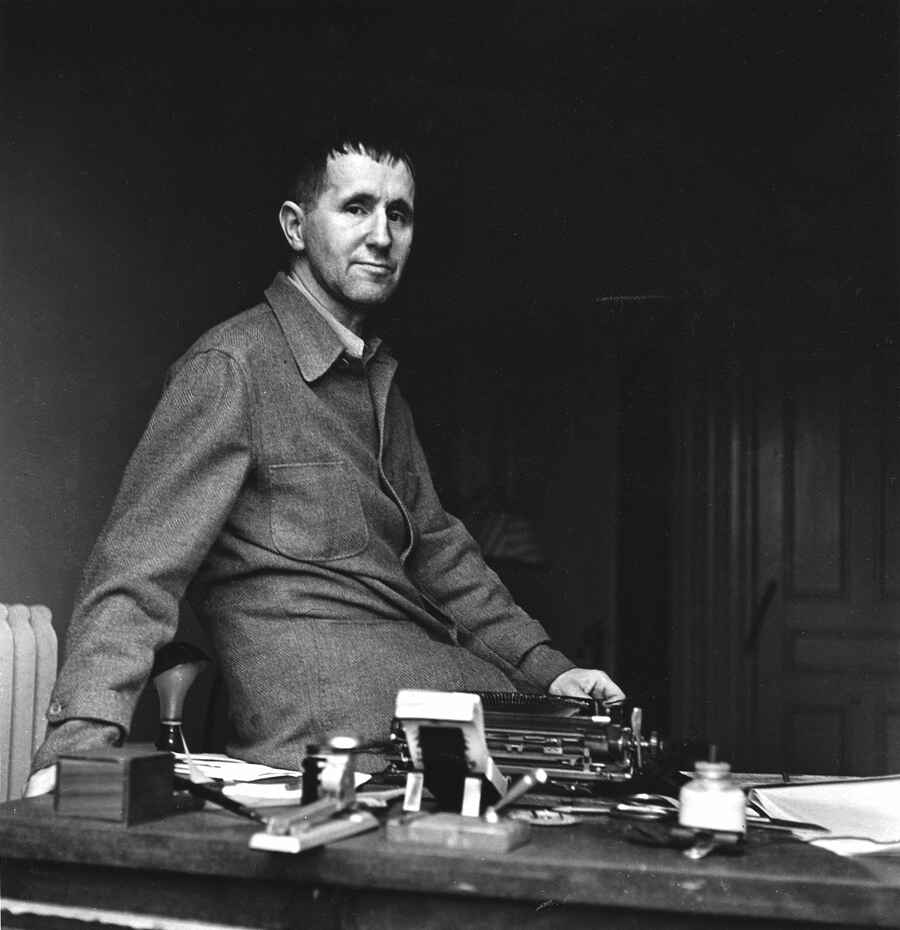
Quotes from exile: How Antonio Ablon draws hope from Otto Wels' words

Also committed to human rights from Germany: Antonio Ablon Fotos: Friedrun Reinhold 



Antonio Ablon: Human rights work led to death threats
Filipino Bishop Antonio Ablon has been living in exile in Hamburg since May 2019. On his home island of Mindanao, the head of the Iglesia Filipina Independiente, an independent Catholic denomination, fought for peace and the protection of the human rights of oppressed minorities. Over the past few years, the 46-year-old has received increasingly serious death threats for his commitment – presumably directed or at least tolerated by the state. Graffiti equated him with the New People’s Army (NPA), a communist underground movement that opposes the regime. When his complaints about this came to nothing, he knew that he was no longer safe in his home country. In order to save his life and take his mission to the world, Antonio Ablon accepted the invitation of the Seamen’s Mission Hamburg and the North Church to the Hanseatic city. As a scholarship holder of the Hamburg Foundation for Politically Persecuted People, the father of two grown-up sons is able to continue his political work in a protected environment during a break lasting several months. He uses the time intensively, gives lectures, blogs, networks with other church organisations and like-minded people.
Antonio Ablon explains what he has in common with Otto Wels
Otto Wels: social democratic resistance against the Nazis
Antonio Ablon chose the quote from SPD politician Otto Wels (1873-1939): ‘Freedom and life can be taken from us, honour cannot’. Wels had used these words in March 1933 to justify his party’s ‘No’ to the National Socialists’ Enabling Act.
He went into exile in Paris and organised the resistance against the Nazis from there. Like Otto Wels, Ablon also fights for peace and human rights in his home country and hopes to inspire others with his commitment: ‘Of course I’m afraid of losing my freedom or my life – and that will happen sooner or later. But an honourable person is immortal. He will live on in those who knew him and whose lives were enriched by him.”
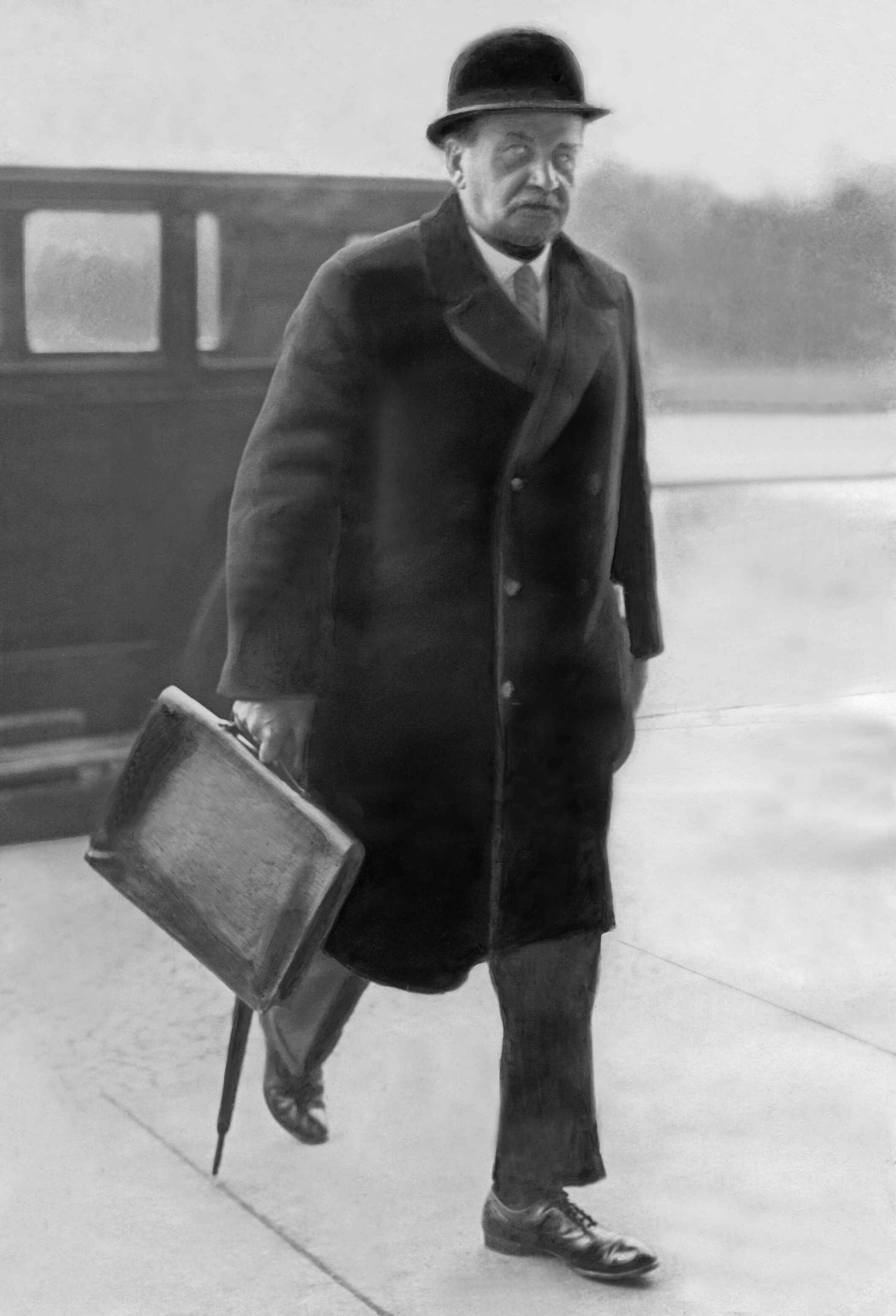
Quotes from exile: Why Zohre Esmaeli recognises herself in Mascha Kaléko

Zohre Esmaeli: ‘Take your fate into your own hands!’
Zohre Esmaeli comes from Afghanistan. She is a model, entrepreneur and social activist and has been living in exile in Germany since 1998. Together with her family, the then 13-year-old fled her home country to escape the war. But she was still unable to live in peace. In addition to the challenge of finding her feet in a foreign culture, Esmaeli felt constricted at home by her parents’ traditional ideas of how a woman should live. At the age of 17, she left her family and struggled on her own. Today, as an integration ambassador, she is a role model for many young women with a migration background. Her message: Take your destiny into your own hands! In Germany, her Culture Coaches project helps migrants to arrive here, understand the culture and integrate. She is also committed to educational institutions in Afghanistan to enable women in the country to have a self-determined future.
Zohre Esmaeli explains what she has in common with Mascha Kaléko
Mascha Kaléko: Longing for home
Zohre Esmaeli chose a quote from the poet Mascha Kaléko (1907-1975) from 1945: ‘Sometimes I’m homesick. I just don’t know what for ...” As the child of Jewish-Russian-Austrian parents, Mascha Kaléko moved with her family from Chrzanów in Galicia (now Poland) to Germany in 1914.
Her writings were banned in Germany in 1935. She went into exile in the USA, where her volume of poetry Verses for Contemporaries was published, from which the quote is taken. Zohre Esmaeli and Mascha Kaléko both had to give up their homes several times and build a new life again and again. They both share a longing for a sense of home that they have never known. Esmaeli: ‘I often feel homesick for Afghanistan. But as a woman, the people there never gave me a sense of home. Many refugees know this hope: they want to return to the country they actually fled from.”

Quotes from exile: What Omid Rezaee has in common with Lion Feuchtwanger

In exile in Germany since 2015: the journalist Omid Rezaee Fotos: Friedrun Reinhold 



Persecuted as a journalist: Omid Rezaee
The Iranian journalist Omid Rezaee has been living in exile in Germany since 2015. Even as a student, he worked as a journalist and was politically active. He was arrested in 2011 for his work and spent two months in pre-trial detention. Before his sentence could take effect, he fled to Iraq. Two years later, he reached Europe. He learnt German in Berlin and Hamburg. After successfully completing the ‘Digital Media for Media Professionals with a History of Flight’ training programme at the Hamburg Media School, the 30-year-old is currently studying ‘Digital Journalism’. He was also editor-in-chief of the Hamburg-based online magazine Amal, Hamburg! Today, Rezaee works as a freelance journalist and blogs about current events in Iran in German at Perspektive-Iran.com. He has lived in Hamburg since 2016.
Omid Rezaee explains why Lion Feuchtwanger appeals to him
Lion Feuchtwanger: Misery and strength in exile
Omid Rezaee chose a quote from the writer Lion Feuchtwanger (1884-1958) from 1940: ‘Exile pulverised, made small and miserable: but exile also toughened and made great, rectangular.’ At the time of Hitler’s seizure of power, Feuchtwanger was on a lecture tour in the US and did not return to Germany.
In exile in France, he founded the exile magazine Das Wort with Bertolt Brecht and continued to write new novels in order to publicly confront the atrocities and structures of the Nazi regime. Rezaee and Feuchtwanger share this intense preoccupation with their homeland, from which they had to flee. Both experienced how destructive exile can be, how miserable and lonely one feels far from home – and how one can grow from these challenges. Rezaee: ‘Exile separates you from loved ones, but at the same time it gives you the opportunity to get closer to yourself. The unique abandonment you experience during exile can destroy you, but it can also make you stronger.”
